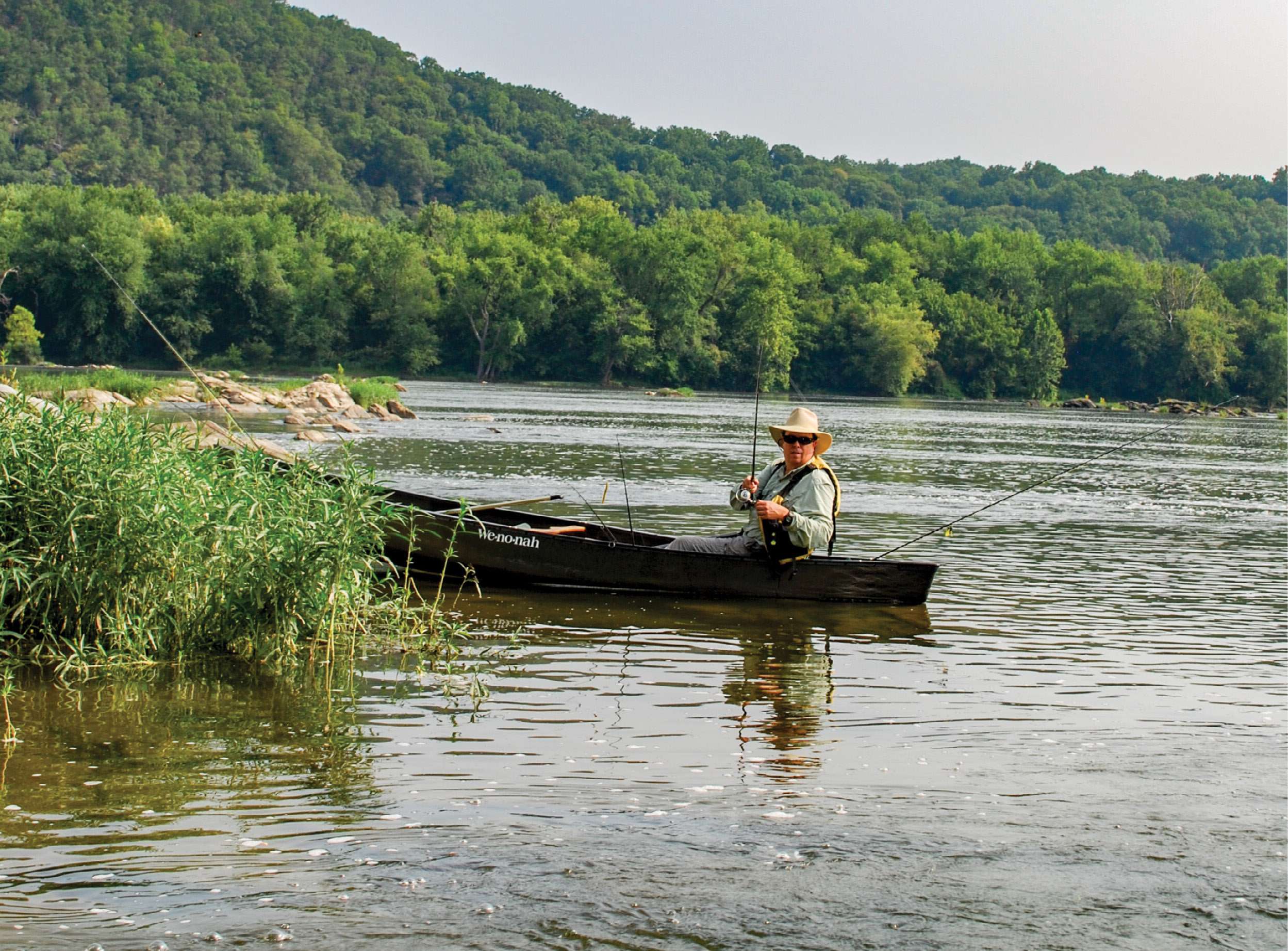
All captions: Bruce Ingram
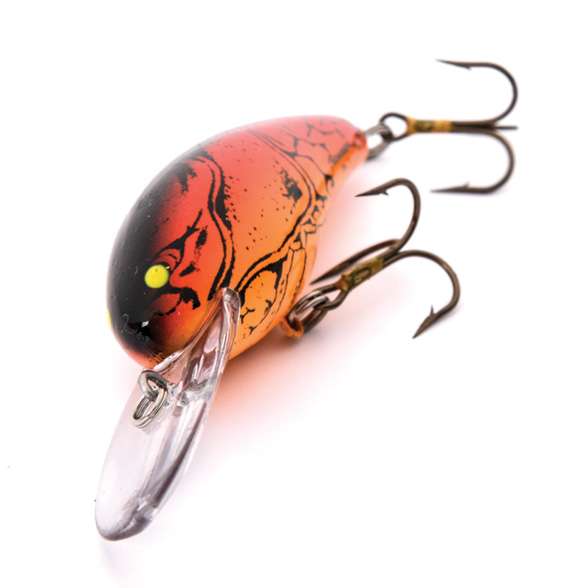
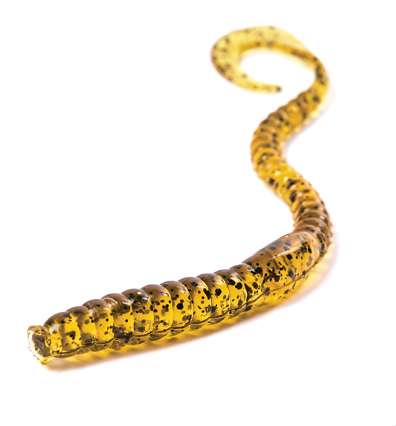
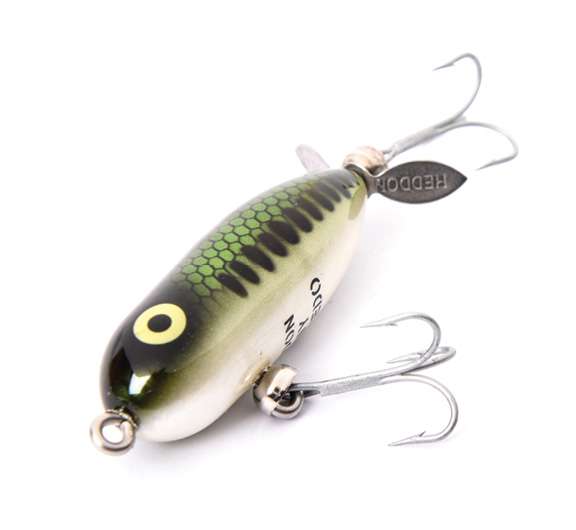
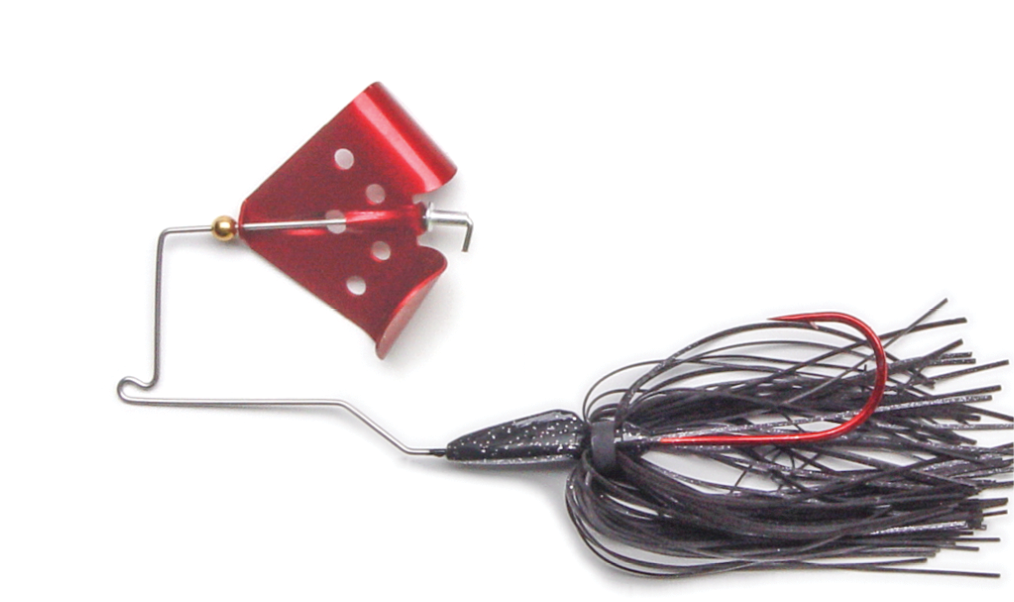
![<b>No. 9 - Rapala X-Rap</b><br>
While the buzzbait is strictly a warm season lure, Trail thinks the Rapala X-Rap rates as an all-season artificial.
<br><br>
âIn the winter, retrieve an X-Rap with a âpop-pop-three-second-pauseâ retrieve,â he says. âIn the spring and fall, [use] a pop-pop-one-second-pause; and in the summer, just keep popping it,â he says. âDeep-water ledges are a great place to work an X-Rap year-round, especially in the winter. Fall and spring, current seams between swift water are the best choices; in the summer, slicks below rapids and riffles.â
<br><br>
Lure Specifics: Trail prefers a Size 8 X-Rap in olive green.](http://www.bassmaster.com/wp-content/uploads/2021/08/06_-_13riverlures_rapala_xrap8.png)
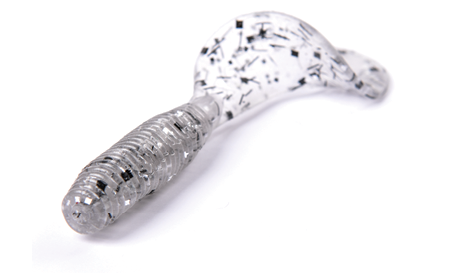
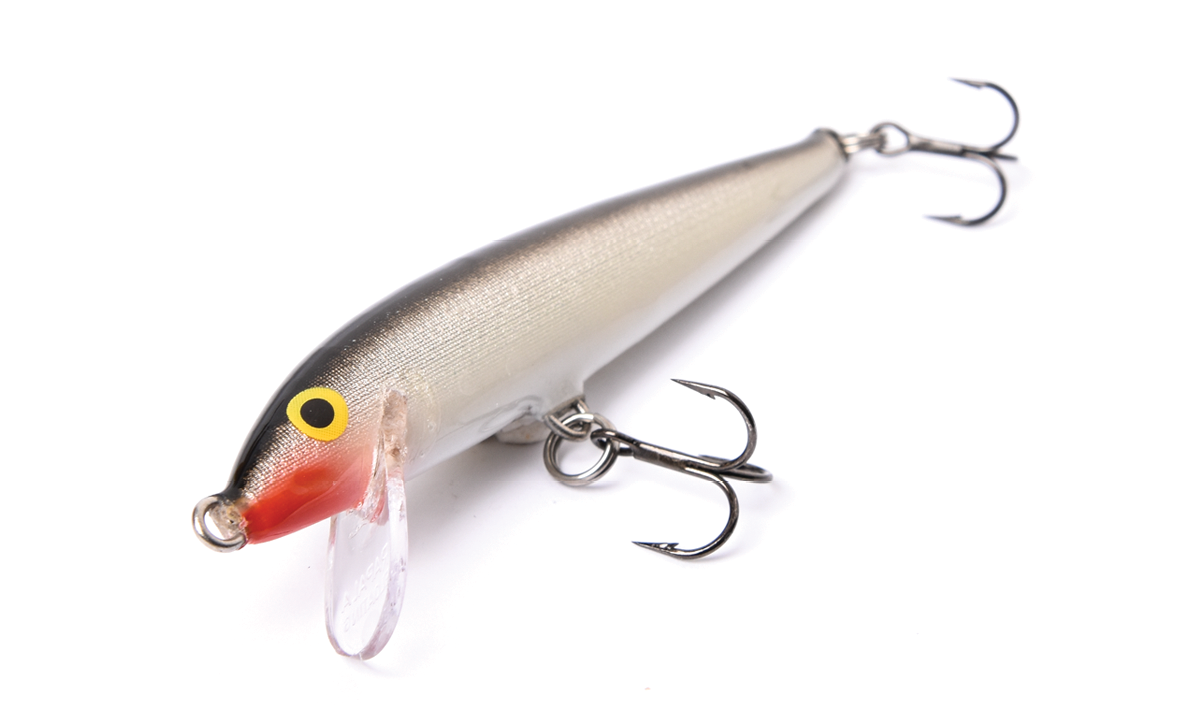
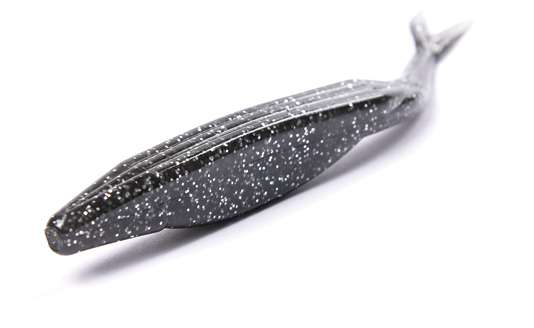
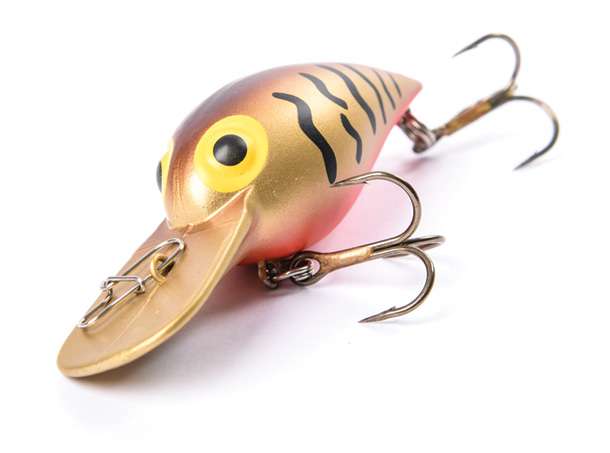
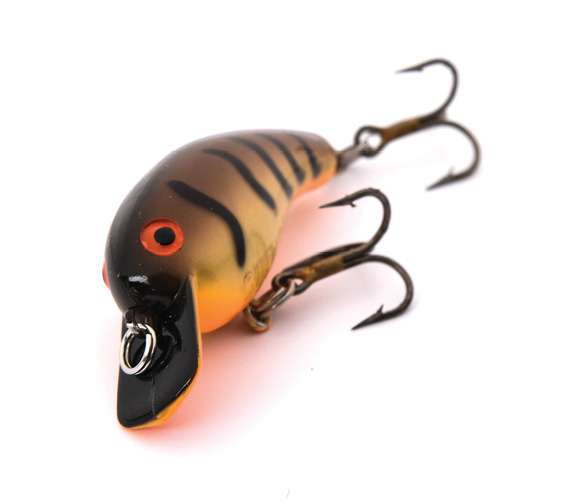
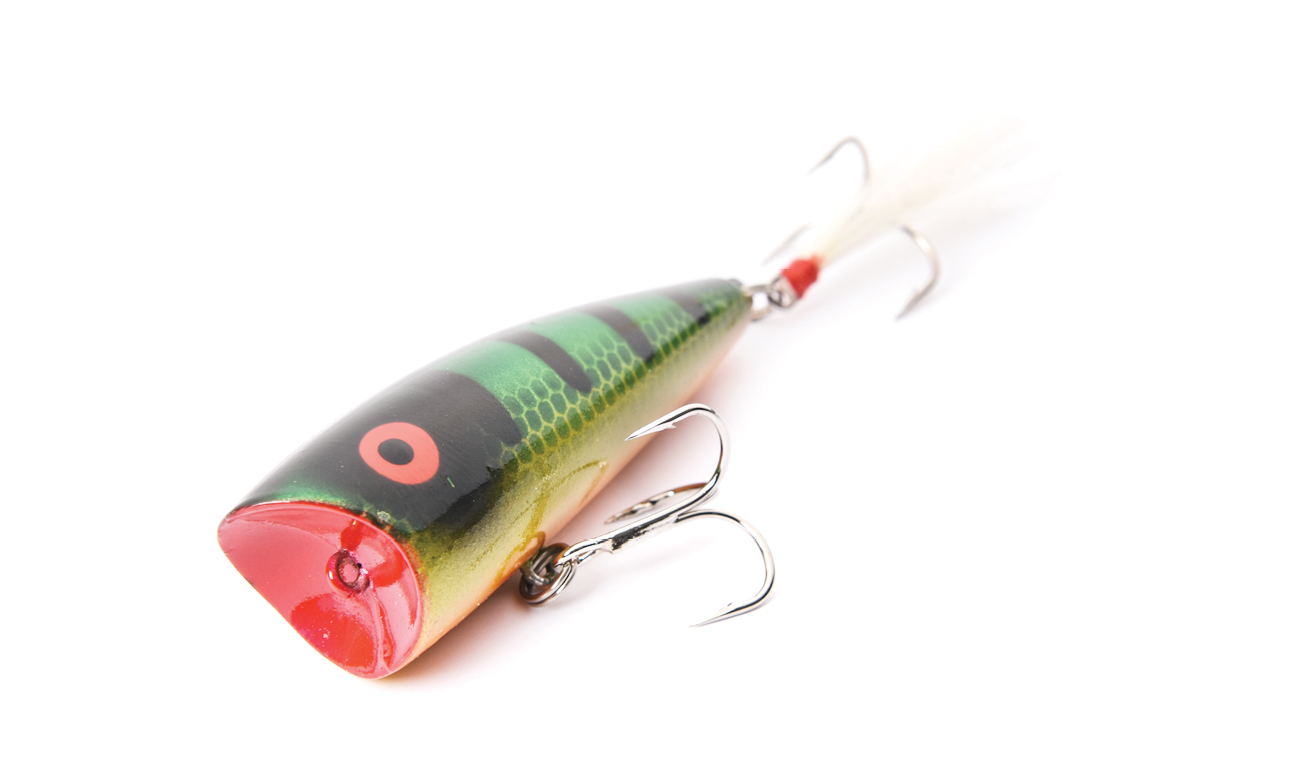
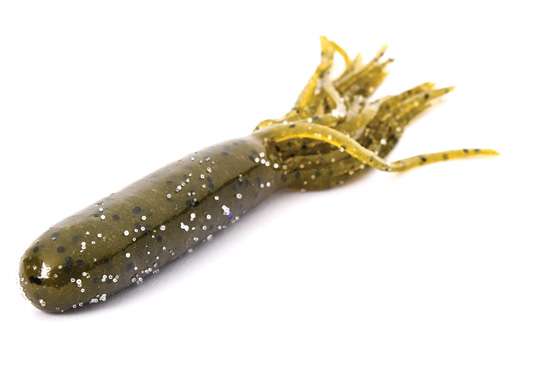
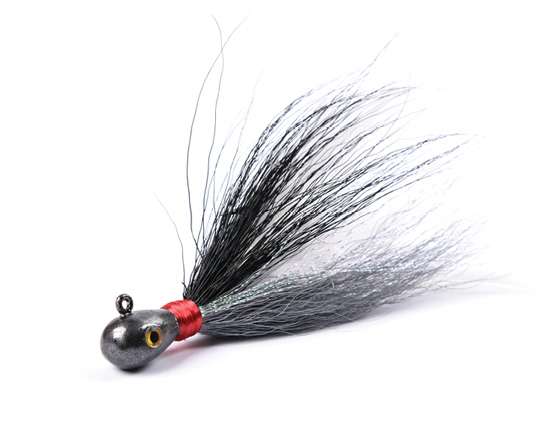
Originally published in Bassmaster Magazine 2019.

Please enter your details.
We cannot find an active B.A.S.S. Membership for the information you have provided. Please renew your membership here.We cannot find an active B.A.S.S. Membership for the information you have provided. Please try again.Scheduled maintenance. We'll be back shortly. If you continue to have trouble please contact customer service at 877-BASS-USA.





![<b>No. 9 - Rapala X-Rap</b><br>
While the buzzbait is strictly a warm season lure, Trail thinks the Rapala X-Rap rates as an all-season artificial.
<br><br>
âIn the winter, retrieve an X-Rap with a âpop-pop-three-second-pauseâ retrieve,â he says. âIn the spring and fall, [use] a pop-pop-one-second-pause; and in the summer, just keep popping it,â he says. âDeep-water ledges are a great place to work an X-Rap year-round, especially in the winter. Fall and spring, current seams between swift water are the best choices; in the summer, slicks below rapids and riffles.â
<br><br>
Lure Specifics: Trail prefers a Size 8 X-Rap in olive green.](http://www.bassmaster.com/wp-content/uploads/2021/08/06_-_13riverlures_rapala_xrap8.png)







